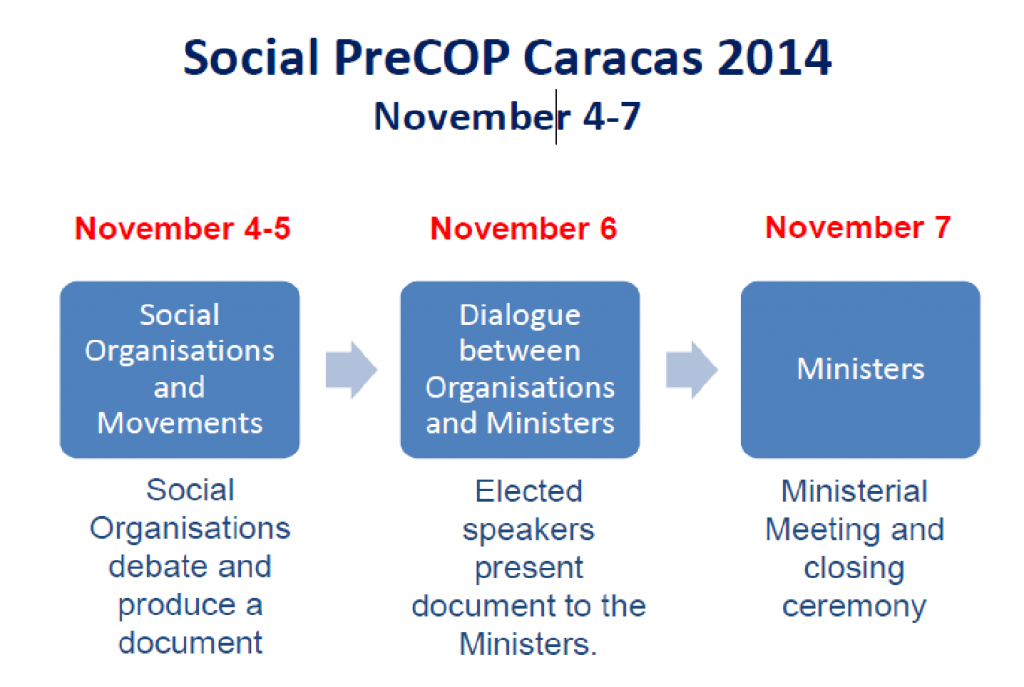Hello Powershift Atlantic! We’re so excited to be making the eight hour drive from Maine next week. It will be our pleasure and privilege to meet all you amazing people, from young activists driving the College Divestment campaign, to Mi’kmaq warriors bravely resisting fracking in the face of state violence, and everyone in between. We want you to know you have our support and utmost respect.
We also wanted to take the opportunity to introduce ourselves: we’re members of Earth in Brackets, a student organisation at College of the Atlantic. As ours is a four year interdisciplinary degree, in rural Maine, and many of us are international students, we tend to focus our activism more on global processes than on local community issues.
We’re excited to meet you all, and especially excited for our panel “The Global Struggle for Climate Justice, Venezuela, and you” where we hope to build upon a conversation we began last summer in Lofoten, Norway, with the grassroots coalition Young Friends of the Earth Europe about the nature of solidarity and how to work across different scales, from “grassroots” to “global.”

One thing we said in those conversations was that the dichotomy between global and grassroots is a false one. We know that politics begins at the local level and that resisting the corporate-sponsored, nationally determined destruction and exploitation of people and the environment where it happens is essential. We know that alternatives and power are built from the ground up. Yet we also know that both the origin and impacts of the climate crisis are not contained exclusively in the local sphere. The expansion of neoliberalism, including the increasing corporate control of decision making at all levels, is a global endeavor. The oppressive systems we’re fighting don’t end at the next watershed, or the national border (in fact, borders are often a part of the oppressive systems we fight). The current development paradigm, based on exploitation of people as well as fossil fuels, is institutionalised regionally with free trade agreements such as NAFTA, and globally through international fora such as the UNFCCC. People in Canada will feel the impacts of decisions that, no matter how strong the local activism may have been, they had no way of resisting.
In short: for global problems we need global resistance. And in our humble opinion, that requires a little more than each local movement doing its bit, fighting its own fight. The global is not just a collection of locals. While encouraging diversity, and respecting local circumstances, we’re going to need to work together–beyond “solidarity” lies active, negotiated collaboration.
One such collaborative effort that we’ve been lucky to see form and participate in has been the Global Campaign to Demand Climate Justice, a collection of movements and organisations, mostly from the Global South, who recognise the added value of working together to strengthen bonds between movements as well as within them. The Campaign, directed at all global actors (governments, inter-governmental institutions, IFIs, TNCs etc.) is an attempt to harness the power of local movements in a global effort to defend communities and the commons, resist policies that cause the climate crisis, empower people to deal with the impacts, and fight for a just transition to people-driven, sustainable, and equitable post-carbon systems. The Campaign demands climate justice, but not in an abstract way: there are ten demands on issues like Energy, Food, Water, Livelihoods, Security of Homes, Reparations for Climate Debt, and International Climate Architecture. So far the Campaign has taken up energy as a main area of resistance, collaborating over many months with a broad range of groups–from peasant’s movement La Via Campesina to Food and Water Watch (the people behind Global Frackdown)–to launch Reclaim Power, a month of action against dirty and harmful energy. As the Campaign tries to build people power going forward, both by continuing the Reclaim Power initiative and also by launching new collaborations on Food and Impacted People, we want to make sure to involve the radical youth voices that we know will be at Powershift Atlantic.

Another opportunity for the kind of necessary collaborative movement-linking is going to arise in Venezuela in July and again in November. As any of you who have even loosely followed the UN climate talks know, it is not going well. The Venezuelan government, while far from perfect, have been defenders of climate justice principles at the international level for most of Chavez’s Presidency. But they know the limits of that process as well, if not better than us who criticise it from a relative distance. They have therefore launched an initiative called the “social pre-COP” (in that it happens before the annual climate COP) where they hope to shake up the very settled discourse by opening up the space for social movements to come to the table rather than governments, big business, and big green NGOs. The “NGO-isation” (i.e. replication of oppressive systems) of civil society needs to be countered with people’s demands and people power, not more Bill McKibbens (as great as he is, and as much as 350.org have achieved). We hope to be able to direct the pre-COP organisers to some of the groups that could inject some of the badly needed alternatives into the process. Even if you miss our panel, they can be reached @SocialPreCOP or precop20@gmail.com.
We’re excited to be going to Powershift Atlantic because it is a chance to listen and talk across, between, and among movements, to learn lessons, share stories and inspiration. We look forward to bringing the power of an international lens to the fierce battle for social, environmental and indigenous justice here in Canada. We’re looking forward to meeting those of you who are fighting those battles on the ground.
Love, Nathan (on behalf of Earth in Brackets)